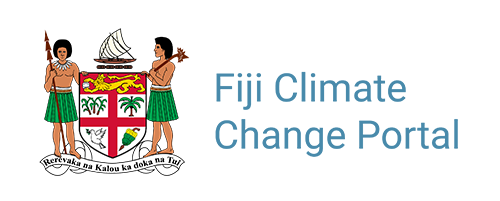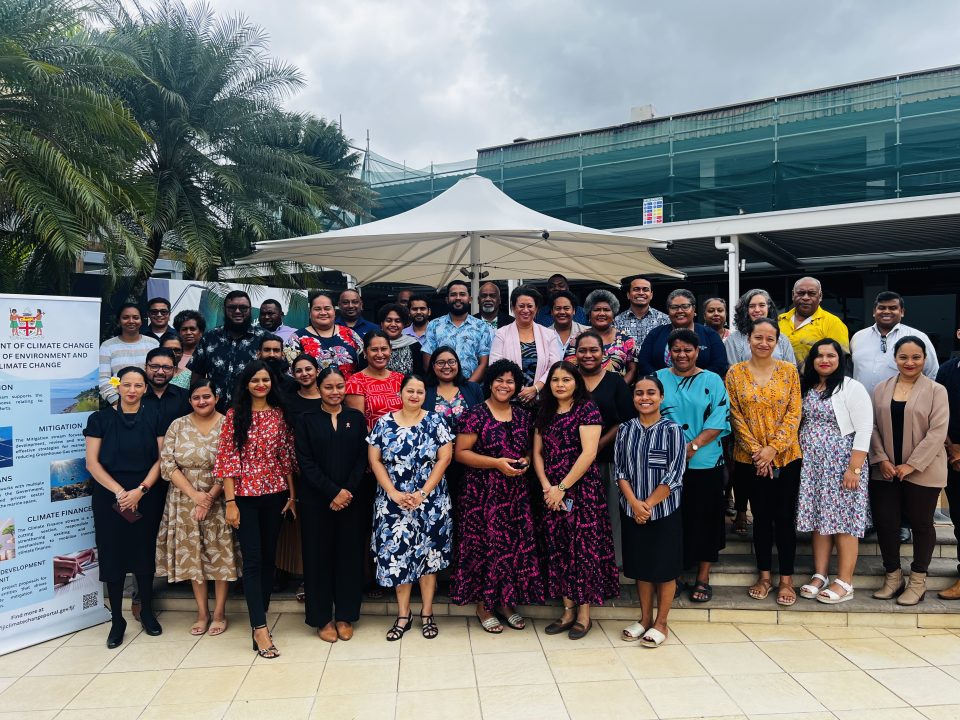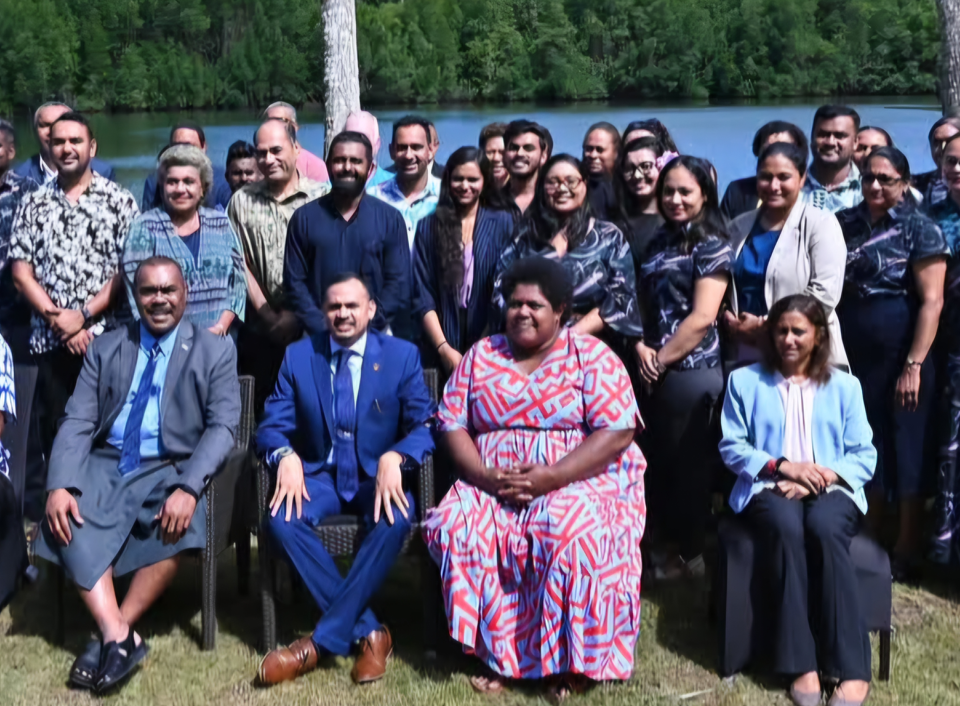
Fiji’s Ministry of Agriculture and Waterways Secures First-Ever Technical Assistance from Climate Technology Centre and Network (CTCN)
26/06/2024
The Agricultural Production Survey Workshop under the Fiji’s Initiative for Climate Action Transparency (ICAT) Phase II
08/07/2024The Ministry of Environment and Climate Change together with partners, the Australian Centre for International Agricultural Research (ACIAR) and the New Zealand Ministry of Primary Industries (NZ MPI), in partnership with Riverine Plains, successfully conducted a workshop aimed at supporting the development of National Greenhouse Gas Inventories and Livestock Data in Fiji from 17-19 June, 2024.
The three-day event, brought together diverse partners, academics, and representatives from Fiji’s Ministry of Agriculture and Waterways.
Dr. Sivendra Michael, Permanent Secretary for the Ministry of Environment and Climate Change, in his opening remarks emphasised Fiji’s commitment to transparent reporting on greenhouse gases, despite being a minor emitter on the global stage. “Estimating and reporting emissions, along with the scenarios leading to these emissions, brings important co-benefits because to manage, it is important to measure,” Dr. Michael stated.
Fiji’s proactive measures in implementing the Enhanced Transparency Framework (ETF) of the Paris Agreement were recently recognized at the Global Transparency Forum, where the country was honored with the Excellence in Knowledge Sharing Award in the Pacific region. This accolade highlights Fiji’s dedication to climate action and its continuous efforts to improve transparency in greenhouse gas reporting.
The workshop focused on the agriculture sector, which accounts for 13.14% of Fiji’s total greenhouse gas emissions in 2019.Key contributors included enteric fermentation emissions from livestock and manure management, with dairy cattle and other cattle responsible for significant methane emissions.
Dr. Michael underscored the importance of accurate data and methodology, he stated, “To ensure that mitigation actions target the most emitting sources in the sector, it is vital to understand the sector and comprehend the national circumstances that cause these emissions”. Participants delved into more robust methodology for calculations for determining livestock emissions, including manure management, during the workshop.
They also tested a data collection survey developed under the Initiative for Climate Action Transparency Project, aimed at gathering farm-level data. “This initiative is critical for scaling up and building our capacities to undertake more detailed studies in determining country-specific emissions,” Dr. Michael noted.
The workshop’s collaborative approach is expected to enhance Fiji’s access to best practices, technical capabilities, and advisory support necessary for the effective implementation of the Paris Agreement’s ETF and Fiji’s Nationally Determined Contributions.
The workshop concluded with participants gaining deeper insights and practical knowledge to improve Fiji’s greenhouse gas inventory and livestock data management.






